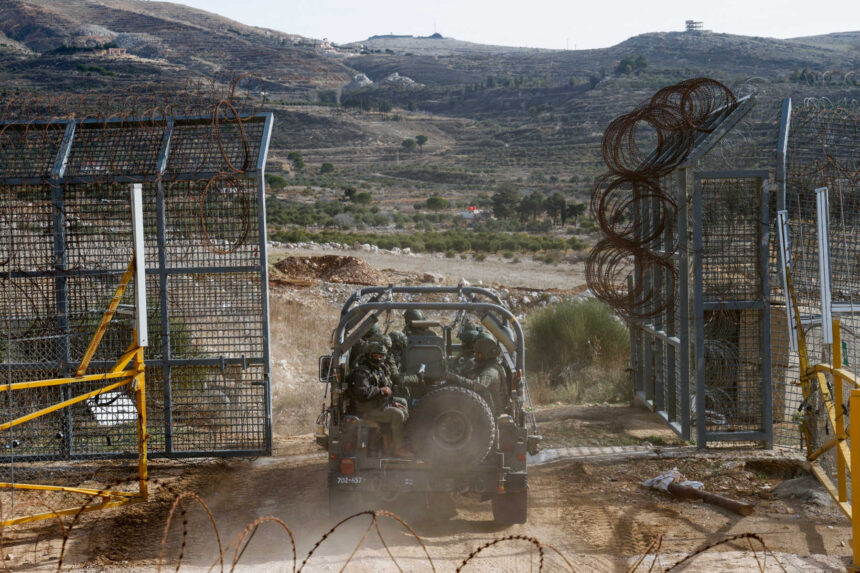Summary by Geopolist | Istanbul Center for Geopolitics:
Over the past six weeks, Israel has dramatically escalated its military activity in Syria, launching at least 70 ground incursions and 31 airstrikes, especially after the fall of Syrian leader Bashar al-Assad on December 8, 2024. Following Assad’s ousting, the Israel Defense Forces (IDF) launched over 600 airstrikes and occupied the buffer zone established by the 1974 disengagement agreement, advancing 12 kilometers into Syrian territory and displacing civilians.
Israel’s new policy, declared by Prime Minister Netanyahu and Defense Minister Katz, demands the full demilitarization of southern Syria and includes a controversial pledge to protect Syria’s Druze population. This has manifested through threats to intervene militarily in Druze-dominated areas and support for a newly formed Druze militia, the Suwayda Military Council (SMC), which maintains ties with Israel. The SMC’s actions, including raising the Israeli flag in Suwayda, have stirred tensions among locals.
Despite Assad’s fall being a strategic blow to Iran—leading to the collapse of its military influence in Syria and no attacks on Israel from Syrian territory since—Israel’s military actions continue. Syria’s interim government, made up largely of former rebels and Islamists, has taken a pragmatic, stabilizing approach. It has cooperated with Russia, intercepted Hezbollah-bound weapons, dismantled Iranian-linked rocket sites, and maintained peaceful outreach to neighbors.
Turkey has proposed a defense pact with Syria to counter Israel’s dominance of Syrian airspace, a deal the interim government has hesitated to accept to avoid escalation. However, continued Israeli aggression is making such restraint difficult to maintain.
Complicating matters, a new insurgency linked to former Assad regime elites and Iran is destabilizing coastal regions, prompting harsh government crackdowns.
The Trump administration now faces a critical moment: it can push Israel to de-escalate and help foster a stable, post-Assad Syria or risk encouraging a new wave of conflict. Hopes for future normalization between Syria and Israel—possibly under the Abraham Accords—depend on Israel halting its military operations and territorial occupations.
Read more here.







